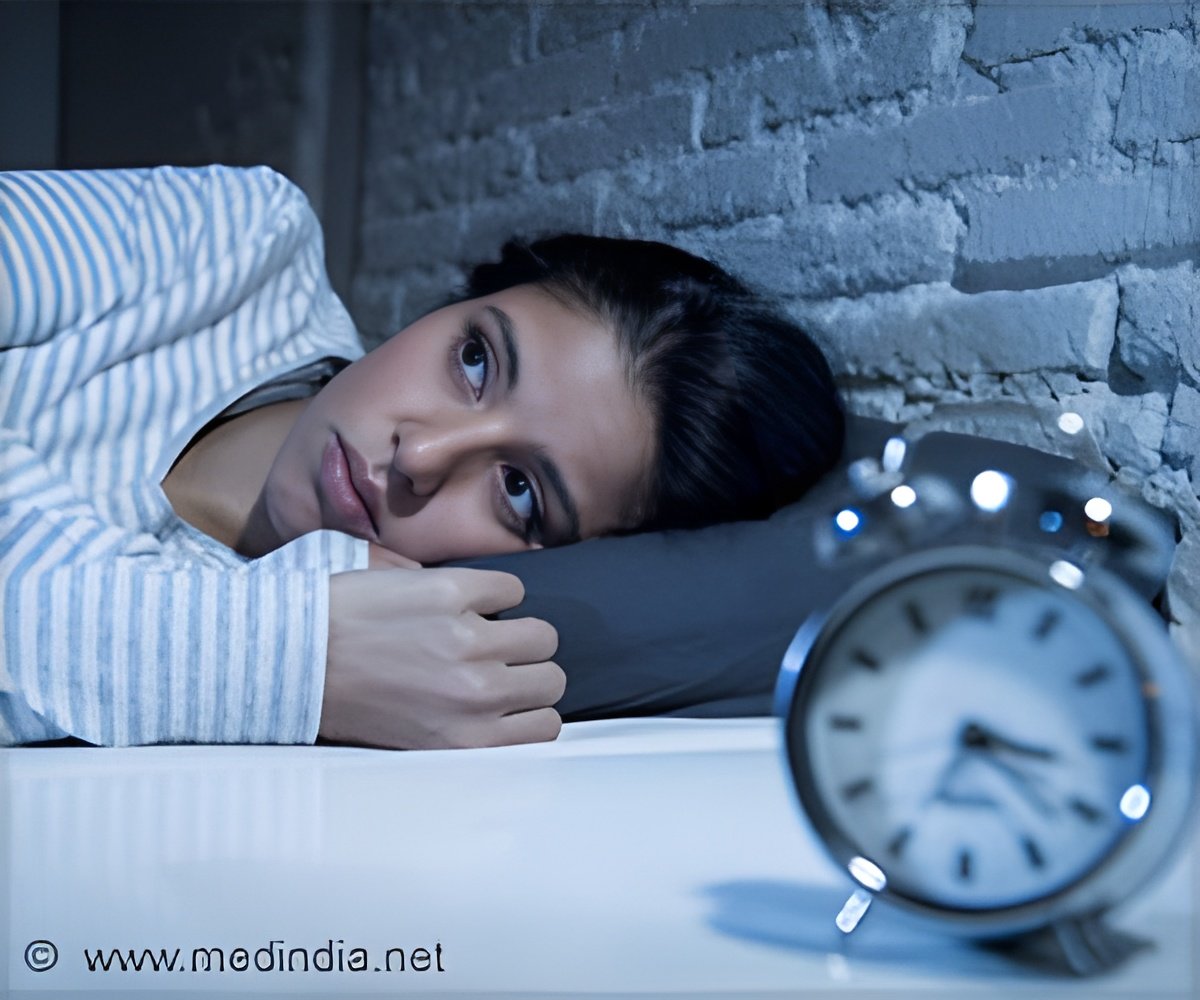Poor sleep at night can cause dehydration which has negative effects on your body. Improper sleep can reduce vasopressin hormone release, thereby the hydration status cannot be regulated.

‘‘Due to the negative effects of dehydration in our body, establishment of a regular night time sleep keeps hydration status under check’.’





Results of the study are published in the journal SLEEP on Nov. 5.Researchers looked at how sleep affected hydration status and risk of dehydration in U.S. and Chinese adults. In both populations, adults who reported sleeping six hours had significantly more concentrated urine and 16-59 percent higher odds of being inadequately hydrated compared to adults who slept eight hours on a regular basis at night.
The cause was linked to the way the body's hormonal system regulates hydration.
A hormone called vasopressin is released to help regulate the body's hydration status. It is released throughout the day, as well as during nighttime sleeping hours, which is what the researchers focused on for this study.
"Vasopressin is released both more quickly and later on in the sleep cycle," said lead author Asher Rosinger, assistant professor of biobehavioral health at Penn State. "So, if you're waking up earlier, you might miss that window in which more of the hormone is released, causing a disruption in the body's hydration."
Advertisement
"If you are only getting six hours of sleep a night, it can affect your hydration status," Rosinger said. "This study suggests that if you're not getting enough sleep, and you feel bad or tired the next day, drink extra water."
Advertisement
All data is observational and from cross-sectional studies or a cross-sectional wave of a cohort study; therefore, the association results should not be viewed as causal. Future studies should use the same methodology across sites and examine this relationship longitudinally over the course of a week to understand baseline sleep and hydration status, Rosinger said.
Source-Eurekalert















